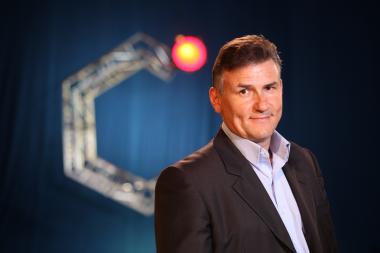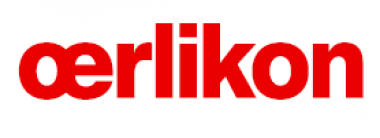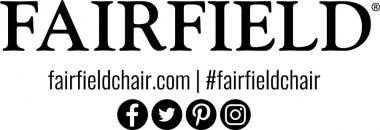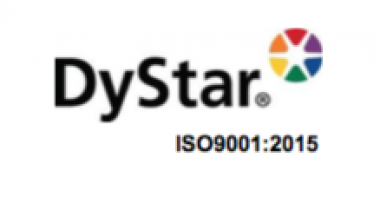CHT teams up with HeiQ in fight against COVID-19
The corona pandemic continues to put a strain on health systems around the globe. Many places lack effective textile protective kit among others for their medical personnel. HeiQ, a Swiss specialty chemicals company, has developed antiviral and antibacterial protective kit that is quickly effective against Coronaviruses (229E), as confirmed in wide-ranging studies. In cooperation with HeiQ, the CHT Group is supplying this technology to the market to help decrease the global shortage in protective wear.
A wide number of studies have proven that viruses and bacteria can remain active on textile surfaces for a longer period. The SARS-COV-2 virus, which causes the COVID-19 disease, can stay active on a textile for up to two days and therefore be infectious. Shortages in textile protective kit create a high risk for medical personnel who are in contact with COVID-19 patients: often, doctors and nurses cannot change their protective masks and clothing as frequently as would be necessary in order to adhere to hygiene rules and to prevent the spreading of the virus.
The HeiQ Viroblock NPJ03 that has been developed by HeiQ is a new technology that is also effective against Coronaviruses (229E) thanks to its antibacterial and antiviral properties. Comprehensive studies have demonstrated the kit‘s effectiveness. A combination of silver salts with a vesicle technology deactivates bacteria and viruses on textile surfaces within a few minutes and renders the bacteria and viruses harmless. Textiles equipped in this way reduce the rate of infection by 99.99%, which stops the transmission and the spread of bacteria and viruses through textiles.
Viroblock can be used on all types of fibers – not only for protective kit and masks, but also for work clothing, bed linen, towels and home textiles. The kit is wash-resistant and still highly effective after 30 standard wash processes.
CHT Gruppe





















